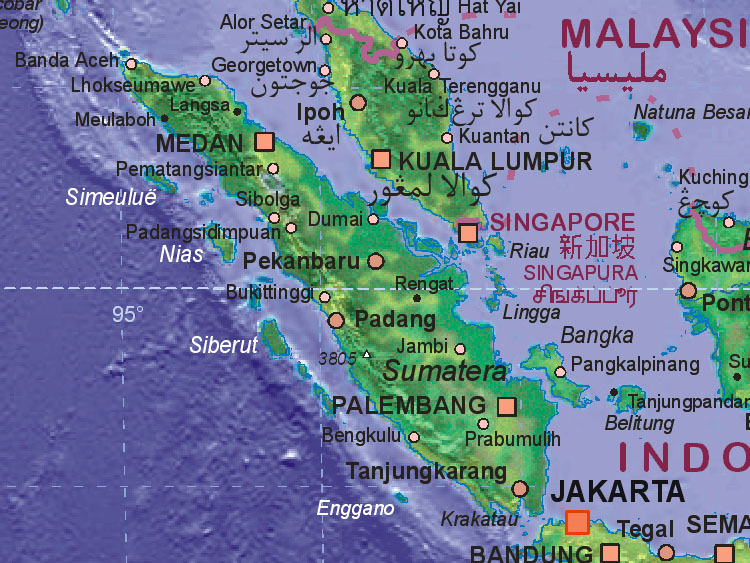Wild orangutans are declining more sharply in Sumatra and Borneo than previously estimated
 Washington, July 4 : New findings have indicated that endangered wild orangutan populations are declining more sharply in Sumatra and Borneo than previously estimated.
Washington, July 4 : New findings have indicated that endangered wild orangutan populations are declining more sharply in Sumatra and Borneo than previously estimated.
The findings were published by Great Ape Trust of Iowa scientist Dr. Serge Wich and other orangutan conservation experts in Oryx – The International Journal of Conservation.
Conservation action essential to survival of orangutans, found only on the islands of Sumatra and Borneo, must be region-specific to address the different ecological threats to each species, according to Wich and his co-authors.
New orangutan population estimates revealed in the July issue of Oryx reflect those improvements in assessment methodology – including standardized data collection, island-wide surveys, and better sharing of data among stakeholders – rather than dramatic changes in the number of surviving orangutans.
The experts’ revised estimates put the number of Sumatran orangutans (P. abelii) around 6,600 in 2004.
This is lower than previous estimates of 7,501 as a result of new findings that indicate that a large area in Aceh that was previously thought to contain orangutans actually does not.
Since forest loss in Aceh has been relatively low from 2004 to 2008, the 2004 estimate is probably not much higher than the actual number in 2008.
The 2004 estimate of about 54,000 Bornean orangutans is probably also higher than the actual number today as there has been a 10 percent orangutan habitat loss in the Indonesian part of Borneo during that period.
“It is clear that the Sumatran orangutan is in rapid decline and unless extraordinary efforts are made soon, it could become the first great ape species to go extinct,” said Wich.
“Although these revised estimates for Borneo are encouraging, forest loss and associated loss of orangutans are occurring at an alarming rate, and suggest that recent reductions of Bornean orangutan populations have been far more severe than previously supposed,” he added.
The new numbers underscore important issues in orangutan conservation.
With improved sharing of data and deeper collaborations among stakeholders, the experts determined that 75 percent of all orangutans live outside of national parks, which have been severely degraded by illegal logging, mining, encroachment by palm oil plantations and fires due to a general lack of enforcement by regulatory authorities, who are either unable or reluctant to implement conservation management strategies.
However, illegal logging in protected areas can be effectively reduced and improved management of protected areas can be attained, according to the experts.
“It is essential that conservation measures are taken to protect orangutans outside national parks, and these measures will by necessity be specific to each region,” said Wich. (ANI)